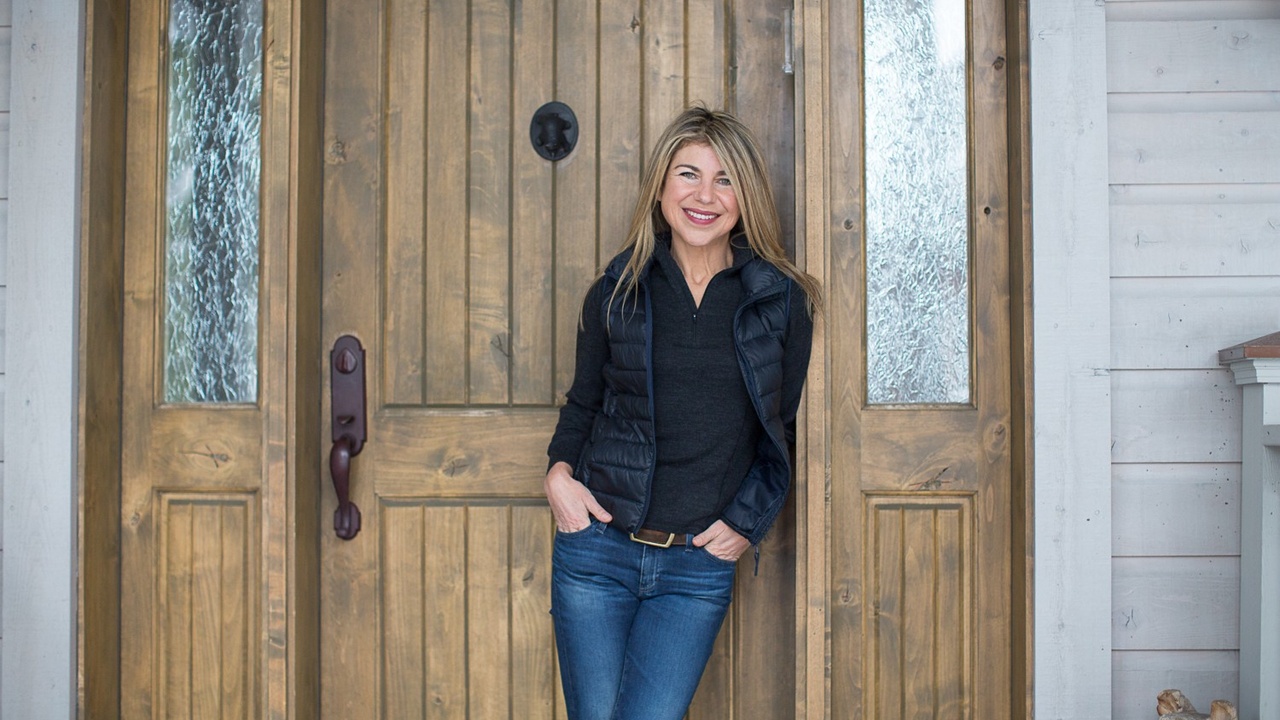The Truth About Belonging

What does it mean, “to belong”? This is a question that comes up so often in my work with young adults, and I only wish I could help them understand and actually believe that the rest of us “adults” also struggle with this feeling.
Although intellectually most of us realize we are unique, we continue to search for our own special tribes and communities. The basic human need to belong is so deeply wired in us, that no amount of diversity education can dampen our desire to find a group of people “just like us”. In other words, at the same time, we give lip service to the beauty of being unique and diverse in our expression of humanity, we continue to look for a measure of homogeneity - a desire that has ancient roots.
Our search for a place, group, and community to belong to, starts early in life. Even those of us who have been fortunate to be raised in families that offer a safe and unquestionable place of belonging will soon step out to search for that one unicorn of a group that is spacious enough to contain all the parts of us. We yearn for that group, whether a school, workplace or religious institution that embraces our entirety unconditionally.
To offer that there is no place, no group, and no community where every single part of who we are and who we are becoming is embraced 100% of the time, is not a spoiler alert to anyone over the age of 40. The unconditional acceptance (different from unconditional love) we are searching for - the one we thought we could find elsewhere because we couldn’t find it in our family unit - often doesn’t exist anywhere outside of ourselves.
Faced with this truth, most of us move in one of two directions. We either shift the search inwards or we decide to “fit in”. Fitting in is not the same as belonging, but we are not aware of this distinction when we start walking this path. Fitting in is all about making ourselves smaller. In the final moment of deciding whether or not to fit in, “What part of myself do I need to diminish or dim in order to be the person who belongs in this group?” is the main question, however unconsciously, circling in our minds and hearts.
The younger we are when we decide to fit in, the higher the cost to our soul and psyche. I work with parents who truly prioritize their children’s mental and psychological health above all else. They have been telling their daughter that she is a special snowflake, for as long as the child remembers. The child’s surroundings and schedule is engineered to perfection in order to create a constant sense of belonging. But there’s two issues with this dynamic. Firstly, it’s superficial. Belonging cannot be engineered. And more importantly, children learn by watching us rather than by listening to our directives. They see right past what we say to what we do and how we live. More often than not, what they see is parents who are doing everything possible to fit in. They see us socializing, traveling, and laughing with our “group of friends” and in the quiet moments when we are away from the group, complaining about all the things we hate about the “friends” we choose to spend so much time with. It confuses them (and ourselves) to watch us complain about our community while constantly shape-shifting to fit in.
The goal of any good professional coach is to first and foremost, help clients cultivate awareness. As such, understanding the difference between belonging and fitting in is an important distinction. The best barometer of whether we belong somewhere or with someone is the “size test”. Fitting in feels small and rigid. It feels like we are metaphorically making ourselves squeeze into a space that’s too tight and confined. We experience ourselves as holding back, playing small and dimming our light. It feels like clipped wings, tightened throats, and an ambiguous fear of not being good enough.
In comparison, true belonging feels spacious, open, and accepting. We experience it in a relationship or a place where we can be goofy, vulnerable, and fearless. When we belong, we don’t hustle for approval, worthiness, or perfection. Belonging is a house that feels like home.
There are a few amongst us who experience truly belonging to something outside of themselves - perhaps to their family, religion, or community. But more often, we come to understand that the only place and person we can reliably and authentically belong to, is ourselves. The sooner we learn to offer ourselves the full acceptance and appreciation that we yearn and search for in other people and places, the more of our lives we can live in the warm and gracious feeling of belonging.
A great place to start the practice of cultivating belonging vs. fitting in is by making time for solitude as a means to the inward exploration of our unique selves. Read my Solitude vs. Loneliness blog to learn more and as always, feel free to reach out for additional resources.
If this blog resonates with you, please consider forwarding it to anyone who may benefit from it. If this was forwarded to you, subscribe here.
Instagram | Facebook | LinkedIn







